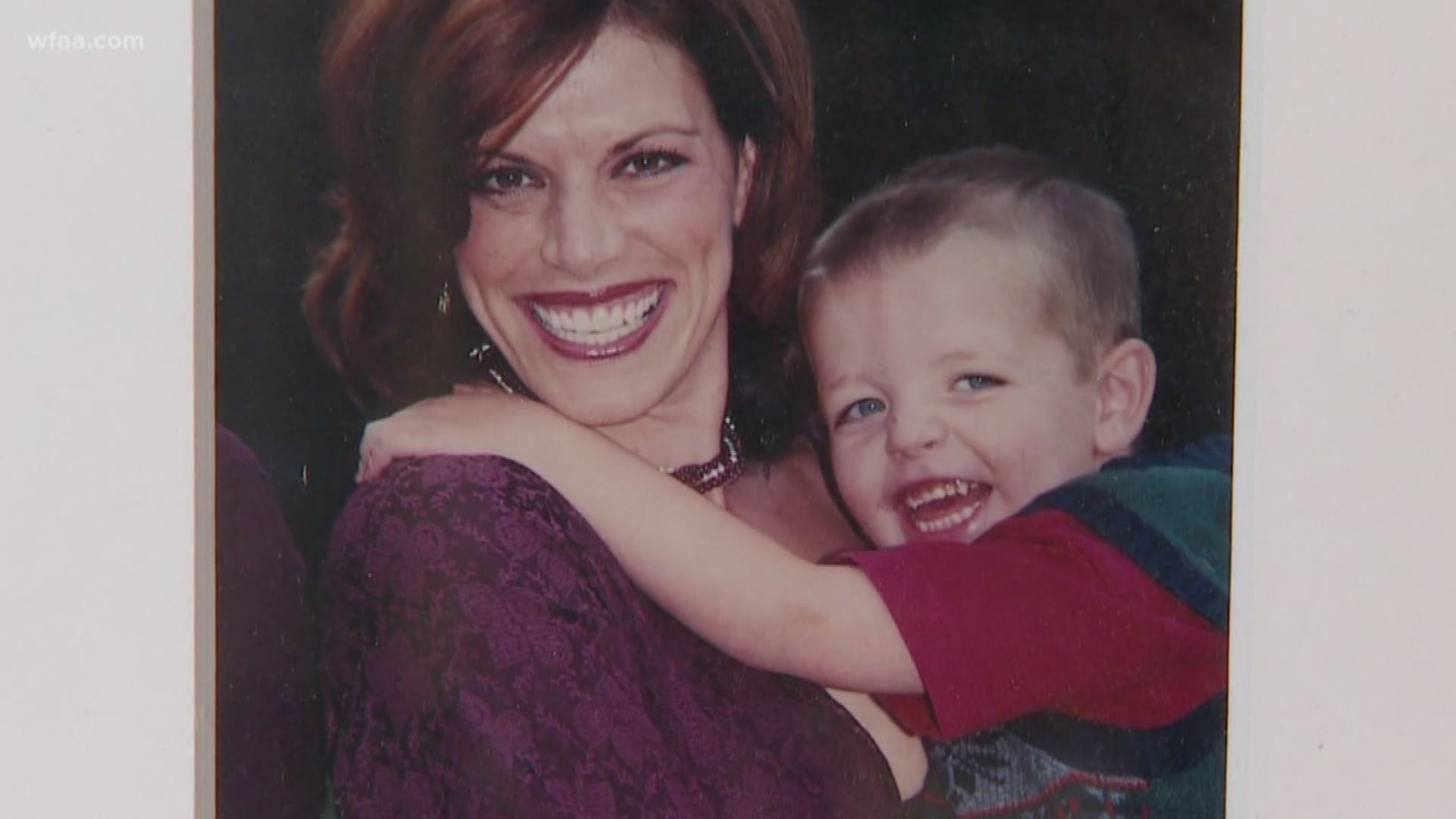Julia Berle is a mother of three and is what you would call an ex-vaxxer.
"I was very pro-vaccination," Berle said. "I believe in protecting my children against infectious diseases. What mother doesn't want to do that?"
Berle explained that her son, Baxter, experienced extreme side effects from vaccines, like MMR.
"He started drooling excessively, crying all the time and his head swelled up like a basketball, " she said. "This is when the medical professional finally looked at me and said this is a problem and he is having an adverse reaction to vaccines."
Dallas County Health and Human Services says children should receive measles vaccination via one dose of MMR (measles, mumps, rubella) between 12 to 15 months old, and another dose prior to entering school, between 4-6 years old.
While Berle vaccinated her child at each age milestone, the effects were so severe that her pediatrician medically exempted her son from further vaccinations.
"In Baxter's case he became very ill after each of these vaccinations," she said.
Dr. Adam Kaplan from North Texas Family Medicine in Plano, strongly advises parents to vaccinate their children. He is aware of a small percentage of children and adults who are medically exempt from vaccinations.
"Of course there are some children and maybe even some adults who have a history of severe reactions after an immunization and in that situation we would choose not to repeat that vaccine," Dr. Kaplan said. "We take that into account when we educate our families."
A 2018 study from the Public Library of Science journal found Tarrant, Collin, Harris and Travis Counties were non-vaccinated hotspots for measles.
Dr. Kaplain explained that this can likely lead to a potential measles outbreak.
"Typically we need about a 95 percent vaccination rate in a community in order to avoid these types of outbreaks and more and more we are seeing pockets of people who are not getting their children vaccinated," he said. "They're at high-risk and if they get infected they will spread it to other people rapidly."
Julia Berle said that where there is risk there must be a choice. She is an active member in a community of anti-vaxxers.
According to the Federal Vaccine Adverse Events Reporting System, there have been more than 90,000 reports of measles vaccine reactions, hospitalizations, injuries and deaths following measles vaccinations as of November 20, 2018.

